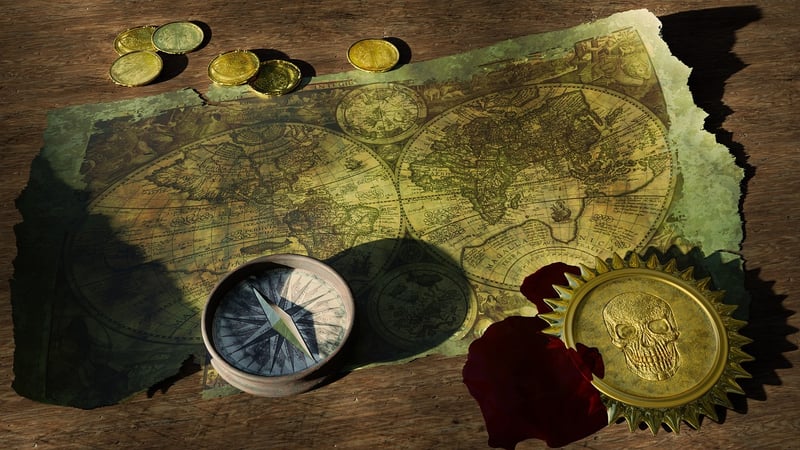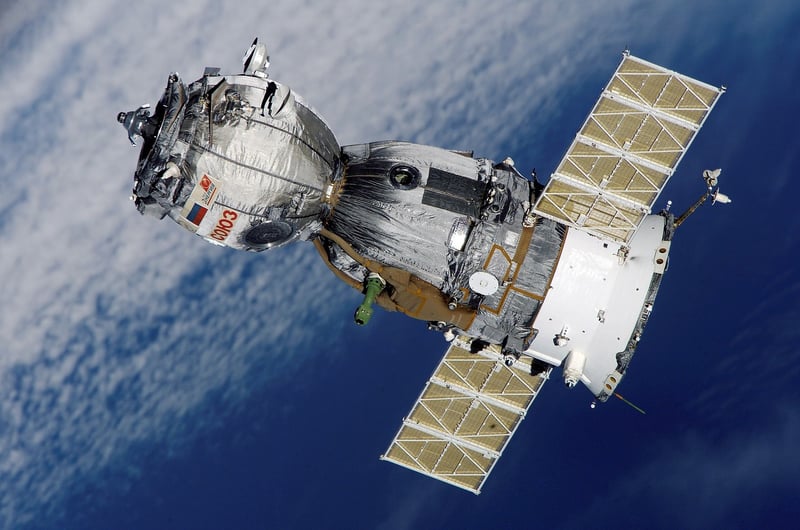Future Explorations
Exploring Different Eras and Future Explorations
Introduction
Exploration has been a fundamental part of human history, shaping civilizations and expanding our understanding of the world. From ancient voyages across oceans to space exploration and beyond, each era has brought new discoveries and challenges. Let's delve into the different eras of exploration and speculate on what future explorations might hold.
Ancient Era
In the ancient era, explorers set out on perilous journeys across land and sea. Phoenician sailors navigated the Mediterranean, while Chinese admiral Zheng He led voyages across the Indian Ocean. These explorations laid the foundation for future discoveries and trade routes.

Age of Discovery
The Age of Discovery saw European explorers like Columbus, Magellan, and Vasco da Gama embark on expeditions that would connect the world. They discovered new lands, established colonies, and initiated the Columbian Exchange, transforming global trade and cultures.

Space Exploration
With the dawn of the Space Age in the 20th century, humanity reached for the stars. The Apollo missions landed humans on the moon, robotic probes explored distant planets, and space telescopes unveiled the wonders of the universe. Space exploration continues to inspire awe and push the boundaries of our knowledge.

Future Explorations
Looking ahead, future explorations hold exciting possibilities. From Mars colonization to deep-sea exploration, artificial intelligence-driven missions to interstellar travel, the future of exploration is limited only by our imagination. Advancements in technology and science will open new frontiers for us to explore.
Conclusion
Exploration is a timeless endeavor that drives us to seek answers, discover the unknown, and push the limits of what is possible. As we reflect on the past eras of exploration and look forward to future adventures, one thing remains certain – the human spirit of exploration will continue to propel us towards new horizons.
